Credit for Prior Learning
Learning takes place in all phases of life, not just in the classroom. At SUNY Niagara, the knowledge you’ve gained through employment, life, or your interests may count toward a degree. You can receive college credit in several ways. First, contact the Office of Academic Affairs at 716-614-6450 or stop by A-241. You must be matriculated in an SUNY Niagara degree program in order to earn credit for prior learning.
Portfolio
A portfolio is a written description of what you’ve learned in your life or work experiences and how they equate to specific courses offered at SUNY Niagara. You may need documentation such as certificates, brochures, letters of reference, and so on, to support your statements of competency, knowledge, and/or skills. Here are the steps you should take:
- Contact the Office of Academic Affairs. A representative will direct you to the appropriate division chair or program coordinator to discuss your plans.
- If you get approval from a faculty member, you may obtain a portfolio application from the Office of Academic Affairs. Complete Part A and pay the application fee to begin the formal evaluation process.
- Your portfolio will be evaluated by a college faculty member. Credits, not grades, will be awarded for your portfolio, up to a maximum of 14 credits.
Keep in mind
- The number of credits you can receive for your portfolio cannot exceed those awarded through traditional classroom instruction.
- You cannot be enrolled in the course for which you are preparing the portfolio.
- You must complete the portfolio three weeks prior to the last day of classes within the semester in which you apply for Credit for Prior Learning.
- You must pay a $192 fee for 1–6 credits. An additional $33 per credit hour will be assessed for credit hours beyond the initial 6.
- The portfolio becomes the property of SUNY Niagara. You will receive a copy of the evaluation and credit completion form.
College-Sponsored Challenge Exams
Challenge exams are designed by SUNY Niagara faculty to assess whether students not enrolled in a specific course can demonstrate a sufficient degree of knowledge and/or competency to receive credit for that course. Challenge exams are done on a course-equivalency basis.
Before you take a challenge exam, read through SUNY Niagara’s course descriptions. Choose a subject area from the available list, then click “Get Courses” for a complete listing.
Once you have narrowed down the possibilities, contact the appropriate division office and ask to see a course outline. This document will contain a list of topics covered in the course and reference textbooks you may examine in order to decide whether you have sufficient background knowledge to request the exam. A faculty member or the appropriate division chair will interview you to help you make this determination.
After you have completed the required forms from Academic Affairs and paid the challenge exam fee (currently $80 per exam), the faculty member will administer the exam. Challenge exams and all necessary forms must be completed within the semester in which the student applies. The exact time and date of the exam are determined by the instructor and the student.
Not all courses can be challenged. You cannot be enrolled in the course you are challenging.
Please note
- If the course you are challenging is in your major subject area and if you plan to transfer, your transfer institutions might not accept credits earned through challenge exams. Check with the institution to which you plan to transfer.
- Challenge exams can receive only an S/U grade. Some transfer institutions are not willing to accept a course in your major that was awarded an S/U.
- Students enrolled in a two-year degree program may elect a maximum of 14 credit hours to be graded S/U. For students in a one-year certificate program, the maximum is 7 credit hours.
Military Service
Experience gained in the military, particularly in technical training programs and specialty schools, may be worth credit. Send DD Form 214 to your county clerk to be certified. This form then must be sent to the Admissions Office, where it will be evaluated to determine which credits apply to your program.
Standard College Equivalency
In this national credit-by-examination program, tests are based upon typical courses offered at most colleges. The examinations stress broad conceptual knowledge rather than factual information. By passing the exam, you may bypass actual enrollment in certain courses in your major.
The most popular of the national credit-by-exam programs is the College Level Examination Program (CLEP), a division of Educational Testing Services, and DANTES Exams. Brochures describing these exams and the application to receive equivalency credit once the exam is taken are available in the Testing Center, A-167, or call 614-6863.
Contact Academic Affairs
Phone: 716-614-6450
Fax: 716-614-6406
Location: Notar Admin Bldg.
Hours: Mon-Fri, 8:00am – 4:00pm

